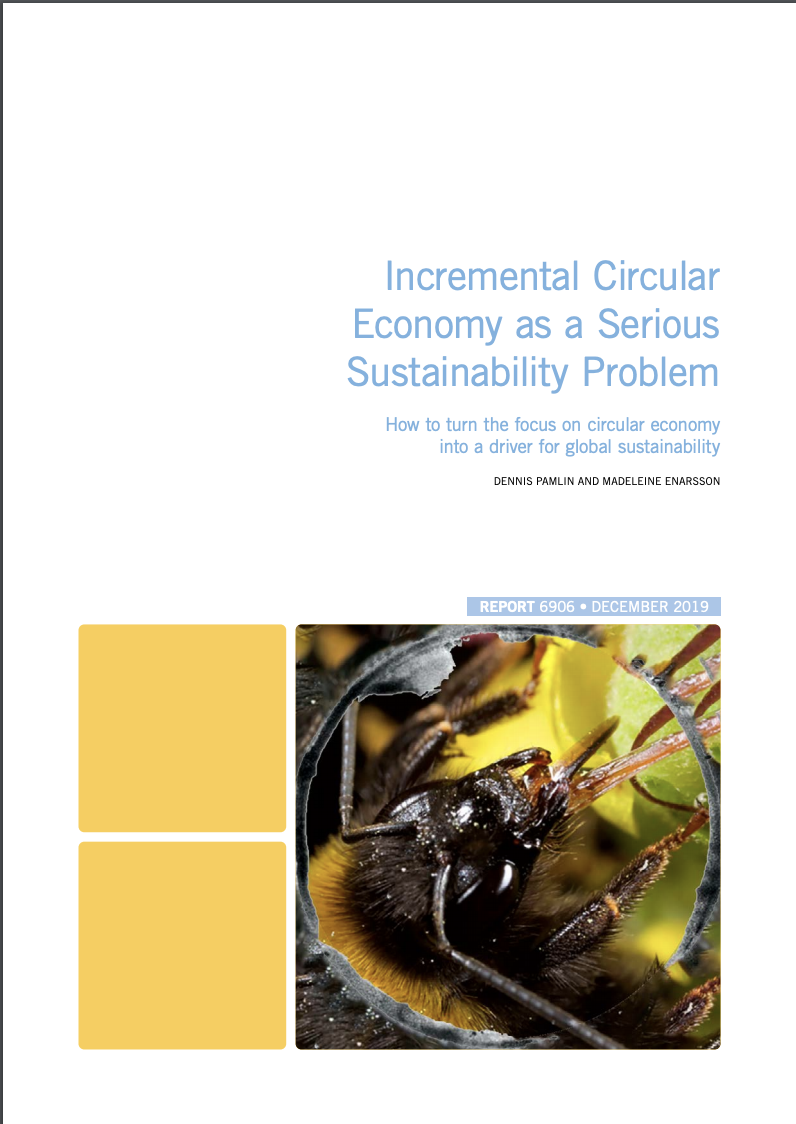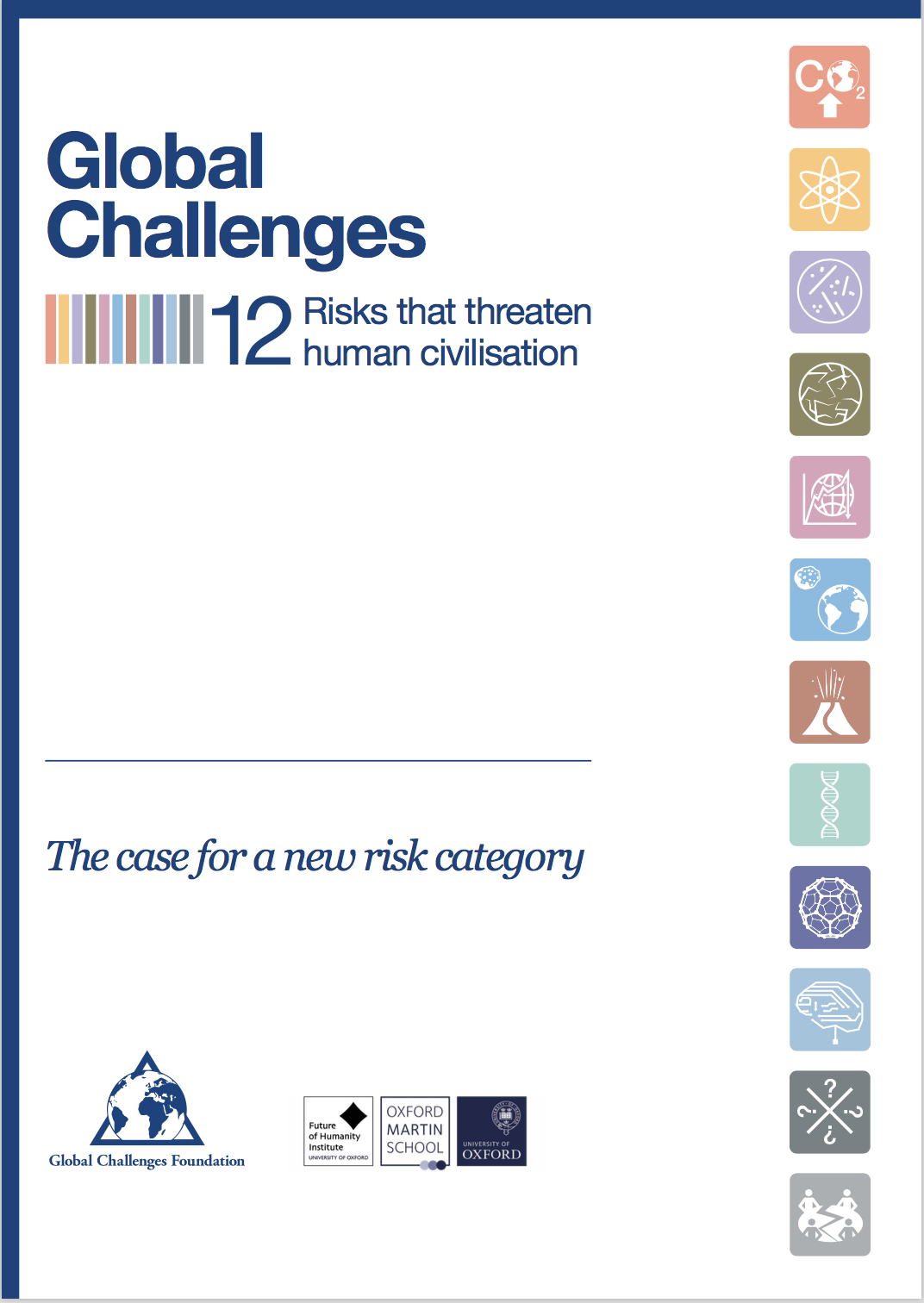WSIS PREP-COM-2 Contribution (Paper)
/Role: co-author with Chris Tuppen, et.al
Comment
This was the first attempt at trying to change an international framework and I was surprised to learn how willing policy makers were to acknowledge the potential for ICT to deliver significant contributions (and this was many years before we saw the kind of major impacts that we are used to now). I also explored the gaps between internatinal commettments and national implementation.
Summary
This contribution puts forward a series of issues that should be reflected in the WSIS summit Declaration and Plan of Action.
Increasing population, economic activity and consumptive lifestyles are placing unsustainable burdens on the earth's natural systems and finite resources. Creating prosperity through much less wasteful and harmful use of resources has been identified as the over-arching sustainable development challenge.
Enhanced connectivity enables people to transact businesses from home, saving commuting time, energy and pollution from transportation. Trends in ICT towards miniaturization of components, and its capacity to monitor resource and energy use through production processes, can greatly reduce environmental and economic costs. Mobile networks are allowing whole phases of 'hard-wired' infrastructure development to be 'leapfrogged' in many parts of the world."1
We suggest that it is essential for the WSIS to consider the Sustainability Implications of the Knowledge Society. In particular we suggest that the environmental dimension has not yet been given sufficient weight alongside the social and economic dimensions.
This proposal is therefore for sustainable development to be explicitly included in the Declaration of Principles and the Plan of Action to be adopted by the World Summit on the Information Society
The key elements of this contribution to WSIS address the following themes:
Sustainability Implications of the Knowledge Society (new theme)
International Cooperation
Opening the Gates and Overcoming the Digital Divide
Services and Applications
































